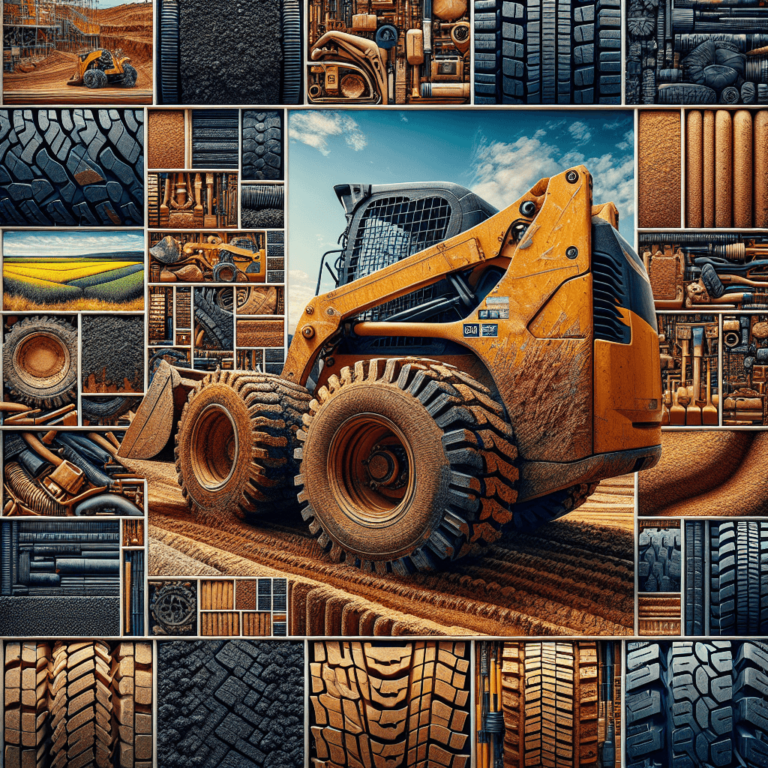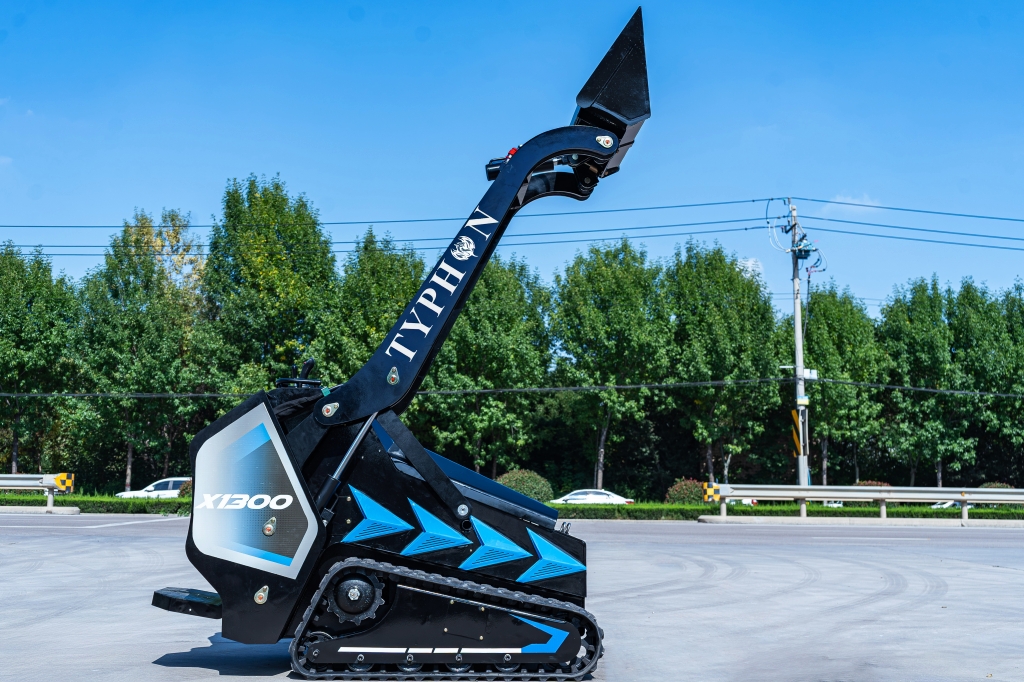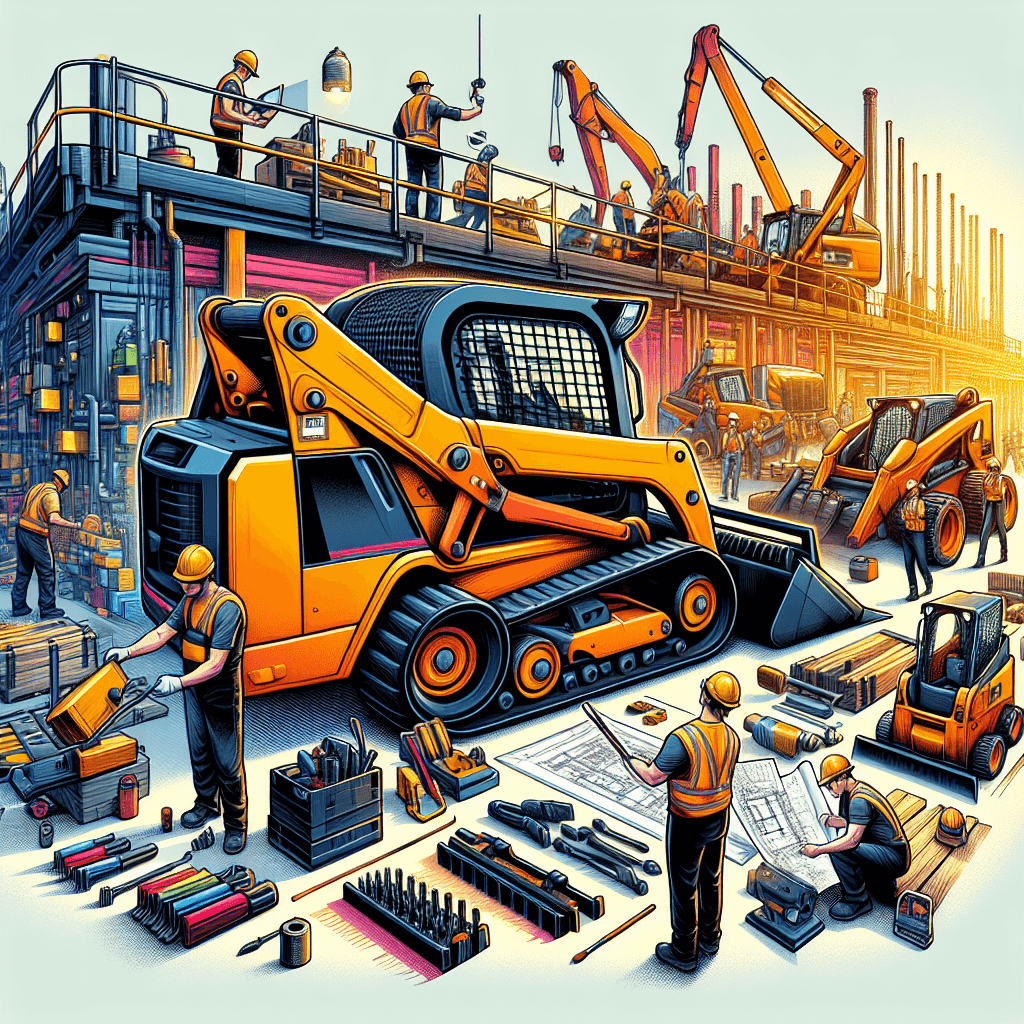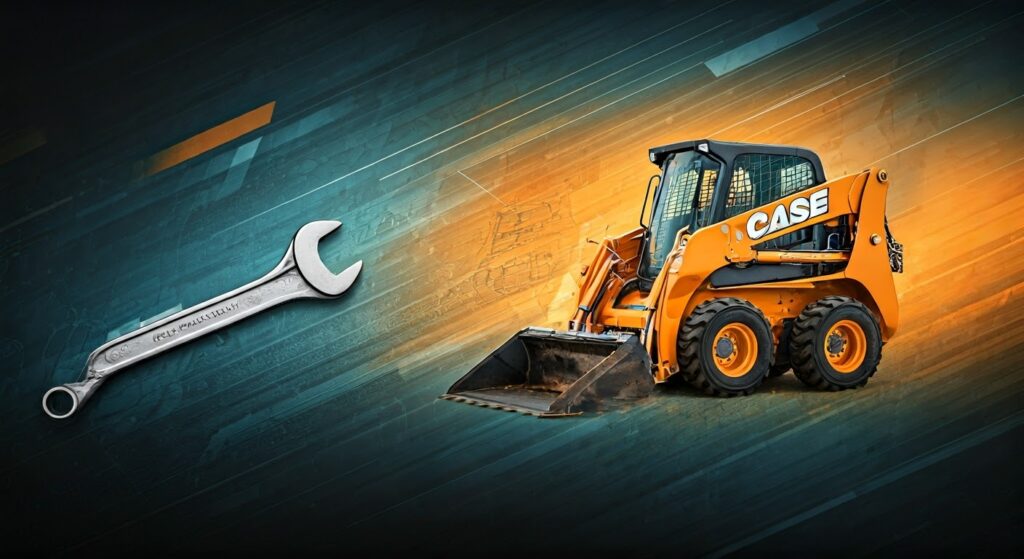Introduction
In the world of construction, landscaping, and agriculture, the right set of skid steer tires can make all the difference. It’s not just about getting from point A to point B; it’s about doing so efficiently, safely, and effectively. Choosing the right application-specific skid steer tires is crucial for optimal performance and longevity of your machine. This guide will walk you through everything you need to know to make an informed decision.
Understanding Skid Steer Tires
Differences Between Pneumatic and Solid Tires
When it comes to skid steer tires, one of the first decisions you’ll need to make is whether to go with pneumatic or solid tires. Pneumatic tires are air-filled and provide a smoother ride, which can be beneficial for operators working long hours. However, they are more susceptible to punctures and require regular maintenance. On the other hand, solid tires are puncture-proof and highly durable, making them ideal for harsh conditions. However, they can be less comfortable and may cause more wear on the skid steer due to their rigidity.
How to Determine the Right Size for Your Skid Steer
Choosing the correct tire size is essential for maintaining the balance and stability of your skid steer. The tire size is usually indicated on the sidewall and includes both the tire’s width and diameter. Ensure you’re selecting a tire size that matches your skid steer’s specifications to avoid operational issues and potential safety hazards. Consulting your equipment’s manual or a professional can provide additional guidance if you’re unsure.
Application-Specific Tires
Tires for Construction Sites
Construction sites demand tires that can withstand rough terrains and heavy loads. Durability and traction are key factors here. Opt for tires made from high-quality rubber compounds that offer excellent resistance to cuts and abrasions. Deep treads are also beneficial for providing the necessary traction in muddy or uneven conditions.
Tires for Landscaping
Landscaping requires a different set of tire features. The primary concern here is minimizing ground disturbance to protect delicate surfaces like lawns and gardens. Look for tires with a shallower tread pattern and a wider surface area to distribute the weight more evenly. These features help reduce the risk of damaging the ground while still providing adequate traction.
Tires for Agricultural Use
In agriculture, flotation and stability are paramount. Agricultural skid steer tires should offer a larger footprint to distribute the machine’s weight more evenly, preventing soil compaction. Additionally, these tires should have a design that provides stability on uneven terrain, ensuring the machine can operate efficiently without getting stuck or tipping over.
Factors to Consider When Choosing Tires
Budget Considerations
Your budget will naturally influence your tire choices. While it might be tempting to opt for cheaper options, investing in higher-quality tires can save you money in the long run by reducing downtime and maintenance costs. Consider the total cost of ownership, including the tire’s lifespan and potential repair expenses, when making your decision.
Environmental and Weather Conditions
The environment and weather conditions you’ll be working in are crucial factors to consider. For instance, tires designed for extreme cold may not perform well in hot, dry conditions and vice versa. Assess the typical conditions of your work sites and choose tires that are specifically designed to handle those environments.
Load Capacity and Tire life span
Different applications require different load capacities. Make sure the tires you choose can support the weight of your skid steer and any attachments you’ll be using. Overloading tires can lead to premature wear and even dangerous blowouts. Additionally, consider the expected lifespan of the tires. Investing in durable, high-quality tires can extend the operational life of your skid steer, providing better value over time.
New Technology and Innovations
Latest Advancements in Skid Steer Tire Technology
The tire industry is constantly evolving, with new technologies designed to address common challenges. For example, airless tire designs are becoming more popular, offering the durability of solid tires with the comfort of pneumatic ones. Self-sealing tires are another innovation, automatically sealing punctures to reduce downtime.
How Innovations Address Common Challenges
These technological advancements aim to solve some of the most common problems faced by equipment operators. Airless tires, for example, eliminate the risk of flats, while self-sealing tires reduce the time and effort spent on maintenance. These innovations not only improve the performance and reliability of your skid steer but also enhance safety and reduce overall operational costs.
Maintenance and Care Tips
Best Practices for Tire Care and Maintenance
Proper care and maintenance are essential for extending the lifespan of your skid steer tires. Regularly clean the tires to remove debris that could cause damage. Rotate the tires periodically to ensure even wear and check for signs of damage or excessive wear that might indicate a need for replacement.
Importance of Regular Inspections and Tire Pressure Checks
Routine inspections are critical for identifying potential issues before they become serious problems. Check for cuts, punctures, or abnormal wear patterns that could compromise the tire’s performance. Additionally, maintaining the correct tire pressure is vital for optimal performance and longevity. Under-inflation or over-inflation can lead to uneven wear and reduce the tire’s effectiveness.
Conclusion
Choosing the right application-specific skid steer tires is essential for maximizing the efficiency and safety of your operations. By understanding the different types of tires available and considering factors such as budget, environmental conditions, and load capacity, you can make an informed decision that will benefit your business in the long run. For personalized advice tailored to your specific needs, don’t hesitate to contact a professional. Investing in the right tires today can lead to significant savings and improved performance tomorrow.
For more detailed information and expert recommendations, feel free to reach out to our team or visit our website. We’re here to help you make the best choice for your skid steer needs.
By following these guidelines and considering the specific needs of your application, you can ensure that your skid steer is equipped with the best tires for the job.

